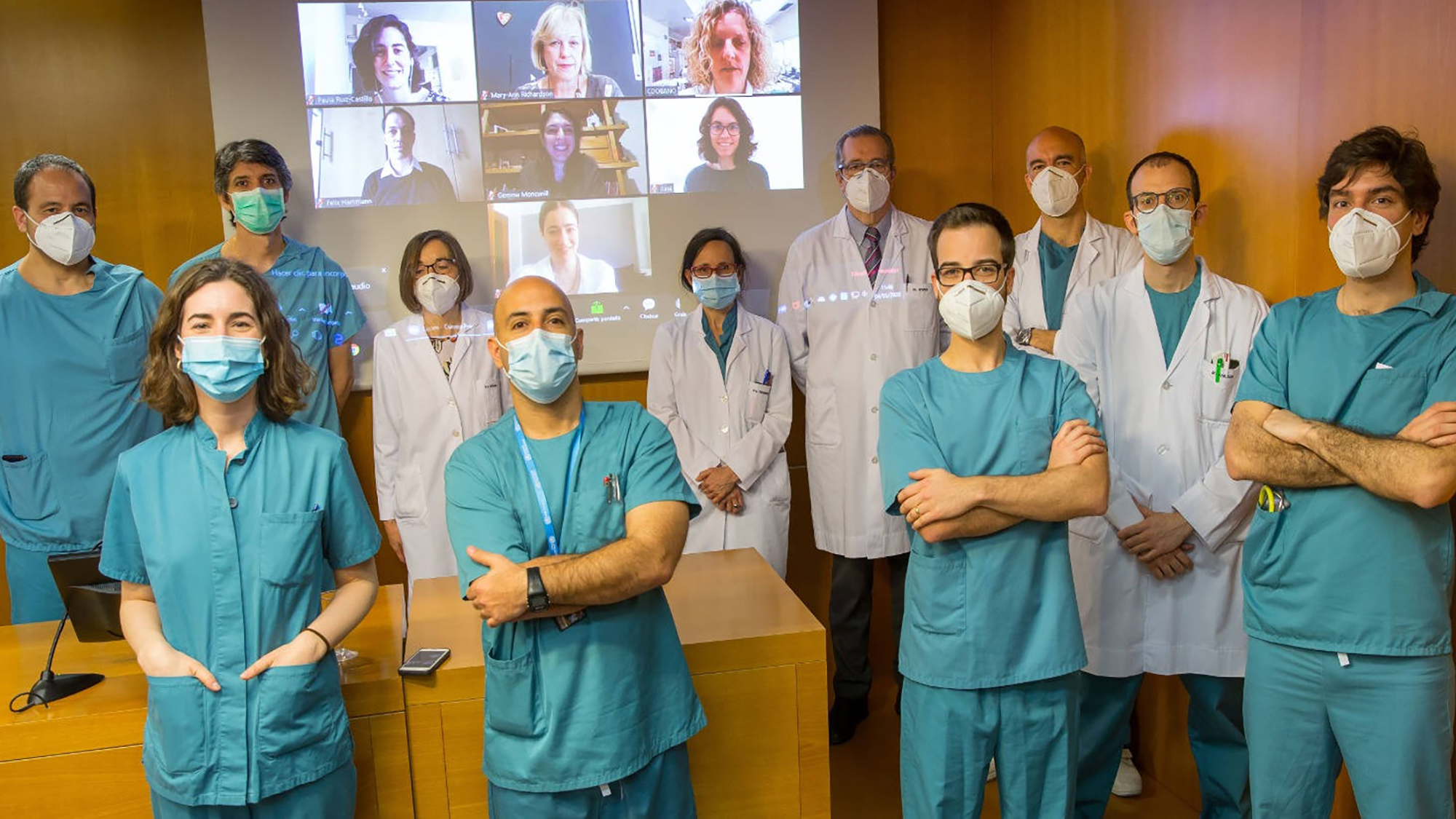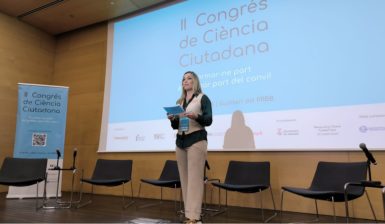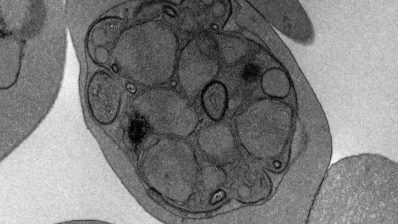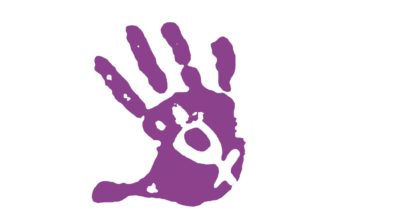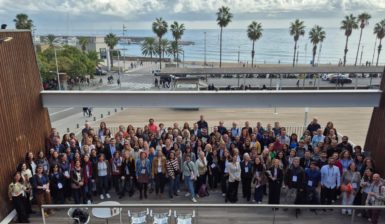Once again, the Barcelona Institute for Global Health (ISGlobal) is launching a clinical trial to keep moving on the fight against COVID-19. This time, and in collaboration with the Clínica Universidad de Navarra, the aim is to determine whether administration of ivermectin is associated with a shorter viral clearance time; specifically, to determine the efficacy of ivermectin in reducing SARS-CoV-2 load after 7 days.
The project, named SARS-CoV-2 Ivermectin Navarra ISGlobal Trial (SAINT), has been launched with the objective of expanding knowledge about ivermectin. To date, it has been proved in vitro that this drug:
- Has an antiviral effect against other single-chain RNA viruses, including dengue and yellow fever.
- Has an immunomodulatory role.
Both functions are relevant since SARS-CoV-2 is also a single-chain RNA virus and induces a disordered immune response.
Ivermectin was recently shown to inhibit the replication of SARS-CoV-2 in vitro at very high doses, but this effect has not yet been studied in vivo. The new study will investigate this question in a randomised trial. Twenty-four patients with mild disease and no risk factors will be given a single oral dose of ivermectin or placebo less than 48 hours after the onset of symptoms. It will be followed by a month-long period of home-based follow-up, during which researchers will take five nasal swabs and monitor their symptoms.

